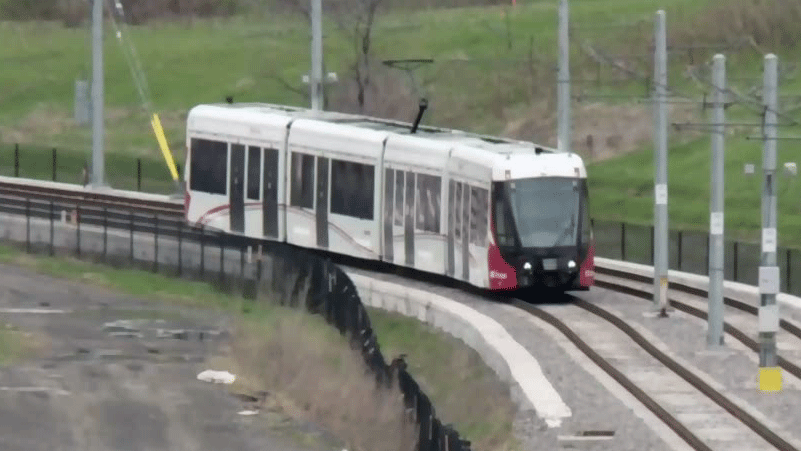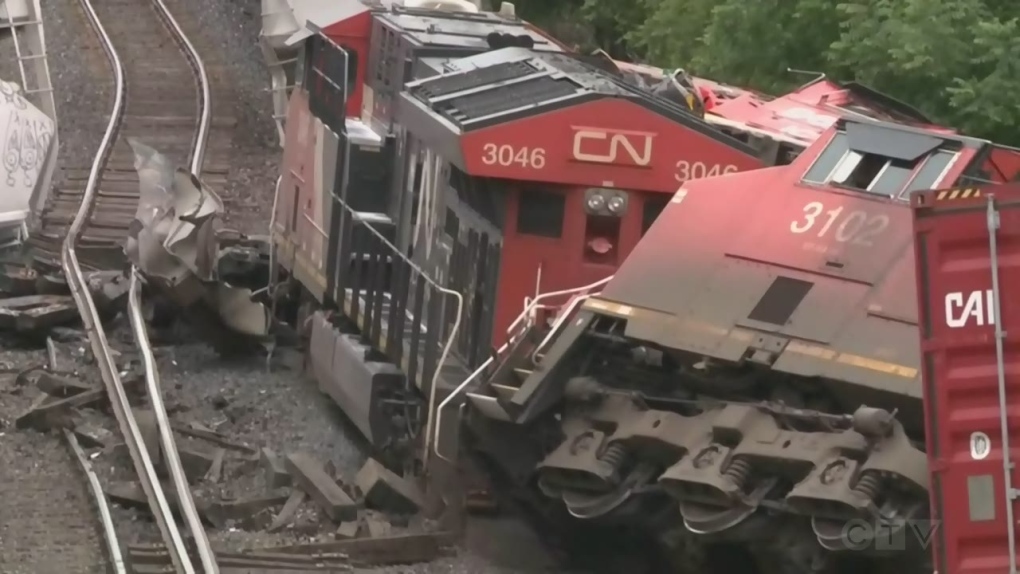nfitz
Superstar
That's for Akwesasne near Cornwall. That settlement didn't address the situation at Tyendinaga, which is near Belleville.Apparently both now resolved:

Cabinet approves $240M Mohawk settlement for 132-year-old land claim
The federal cabinet has approved an agreement that will see Canada pay nearly $240 million in compensation to the Mohawks of Akwesasne to settle a land claim.www.ctvnews.ca
Yes, they've been working on it for sometime. I hadn't realised they still weren't finished. I bet if Belleville had a boil water advisory for nearly 20 years, the government would have acted about 19 years ago!Mohawks of the Bay of Quinte
Extended water distribution system under constructionwww.sac-isc.gc.ca
There have been other blockades there over the years. Yes, it was in sympathy but I have a hard time being upset about it, when the province has no title the land the 401 is on, and neither CP nor CN have title to the land the railway is on. I don't see either the railways (or VIA Rail) reaching out to at least offer payment for their tracks!That still doesn't address 'in sympathy' blockades, which the 2020 CN blockade was about. Having redundant ROWs might help, but they wouldn't solve the problem, any more than for a major derailment or washout. Rail corridors are inherently limited in number.
While many First Nations did sell land (though the courts have ruled many of these "sales" had huge issues - there was never a sale of the tract in question at Tyendinaga. The governments all admit it, the court has ruled on it - and yet the situation remains unresolved.Reminder that these first nations sold their land to the British. Now if the white man blockaded important railway lines, they would be charged and prosecuted, but it's okay for first nations to blockaded, talk about double standards.
I thought that the media had reported extensively on Treaty 3 1/2 and the Culbertson Tract land claim over the decades - and it was reported very extensively last year.
What tax payers money? Given how badly the First Nations have been treated for centuries, I'm surprised that anyone would be blaming them. Particularly when they chose not to blockade either the CP line or the 401! Wasn't there even an offer that VIA didn't take them up on, to let passenger trains pass?No drinking water? maybe if the chief's of the first nations didn't pocket all the tax payers money, they would have drinking water.
Last edited:






